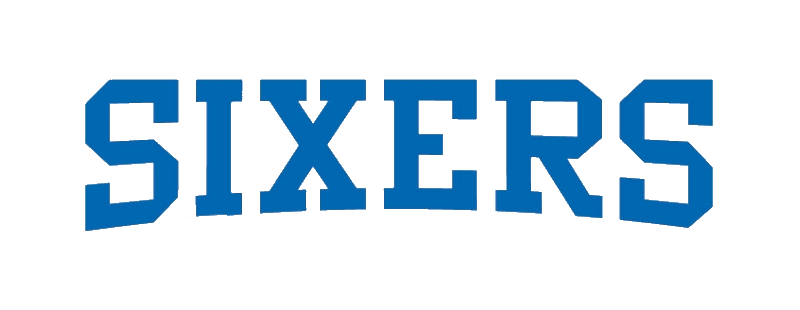The Battle to Overturn PAPSA
New Jersey will get its day before the Supreme Court. The only question is when that will happen. If the state wins, we could see the end of PAPSA. That’s the law the bans states from allowing sports betting. People on both sides are getting involved. That especially means lawyers. Most of whom don’t like PAPSA as it is written.
He is the abstract of Professor Ryan M. Rodenberg’s brief to the Supreme Court. It’s easy to tell it was written by a lawyer.
“Under PASPA, disfavored States are bereft of options to address sports gambling within their borders. States without sanctuary under PASPA’s grandfather clause can either (i) do nothing in a pressing area of concern or (ii) be susceptible to repeated regulatory litigation initiated by private actors. Such a Hobson’s choice is unconstitutional.
The parties have positioned this case for resolution on anti-commandeering grounds under New York and Printz. Such positioning is misplaced. PASPA differs markedly from the statutes invalidated in New York and Printz. Through PASPA, Congress has directed
States not to legislatively address sports gambling, while effectively leaving the regulatory enforcement of PASPA’s decree to self-interested private parties. Also, via a grandfather clause, PASPA mandates that its ban on sports gambling only applies to certain States. This type of “outsourced commandeering†that applies in some States, but not others, puts PASPA in an unconstitutional territory far removed from New York and Printz.
Beyond PASPA’s two-pronged unconstitutionality under the equal sovereignty doctrine and the private nondelegation doctrine, the district court also erroneously granted injunctive relief to non-litigant third parties. The lower court’s misinterpretation of
PASPA’s text presents the Court with a nonconstitutional option to resolve the case, as the underlying injunction should be vacated and the case remanded. Amicus curiae submits that these alternatives provide the Court with the framework for deciding this case.”
That’s a lot of writing to say it isn’t fair to allow one state from allowing sports betting. But not all of them. More parties will weigh before the case is heard. That much is guaranteed.




